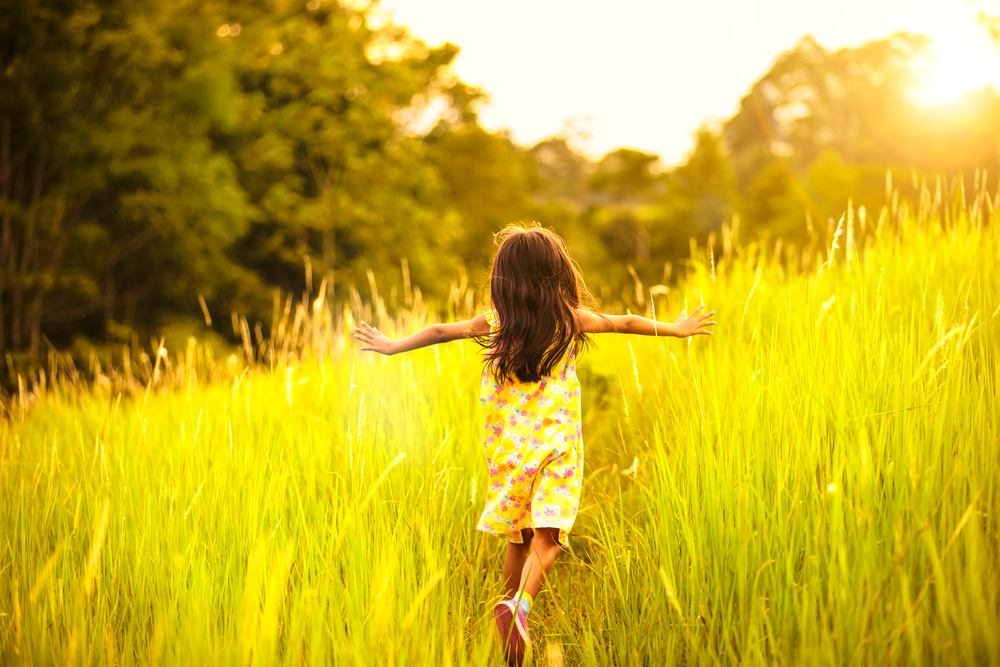“Go outside and play!” As a child, this was the cry that I heard from my mom when things got too hectic at home. After all, she had things to do! During COVID-19, you, as a parent, not only have things to do in the home, like your regular work in addition to household duties but you also now guide your children in their schooling during the day. And, As times get hectic, anxiety, angst, stress, and overall discontent can occur!
As a veteran teacher who became a homeschooling mom of two boys starting when the boys were in 1st and 3rd grades and continuing through high school, I know the benefits of going outside. In those days we were able to set our own curriculum, so we spent more time outside than in. Today, during the COVID-19 limitations, many of the outdoor programs and venues that we enjoyed are not available. But the premise of this article is to show that many of the benefits of schooling outside, in a natural setting, are ones that can be used with any curriculum – even a school-based one!
The primary benefit of schooling in nature is being in the outdoor environment itself. Learning within a natural environment has been repeatedly shown to give a host of benefits for one’s health and well-being. (1) Humans are multisensory beings and as learning involves all the senses, just being physically in nature helps learning. From America’s earlier times, men such as Teddy Roosevelt and Walt Whitman, who were suffering from depression, anxiety, and migraines were given the “west cure” where, with this nature therapy, it was believed that being and working outdoors would help fix these ailments. (2)
A change of scenery from an enclosed space to an open one involves a huge visual variation – as we are lucky enough to live in Florida, we have beautiful natural surroundings with its blue skies, gorgeous clouds, great weather, and fantastic fauna. (3) Natural sounds from anyone’s backyard have been found to decrease anxiety and agitation; the sounds of birds, the insect’s chirpings, the leaves rustling are soothing for most and can lead to a better mood. (3) The fresh smell of the outdoors also leads to better learning – science has found that smells can have profound effects on adult’s and children’s mood, behavior, and even cognition. (4) Touch develops in utero – it is the first of the senses to develop. The different textures of the natural environment – sitting on the grass, climbing into a tree, the feel of the wind on the face – all lead to the awakening of attention and experiences.
There are forest schools across the world where students experience “hands-on” learning and “children at these forest schools are believed to benefit from direct experience with nature in ‘confidence, social skills, language and communication, motivation and concentration, physical skills, and knowledge and understanding’. (5) An extremely interesting article on this subject of Do Experiences with Nature Promote Learning? is found in the February 19 issue of Frontiers in Psychology; Table 1 and Figure 1 are especially intriguing. https://www.frontiersin.org/articles/10.3389/fpsyg.2019.00305/full
What schooling can be done outside? Almost anything that is done inside – math, reading, writing, science, social studies, languages, music, art, spelling, civics, physical education, health – all the school subjects can be wonderfully refreshed by a breath of fresh air.
So, back to my mom’s exasperated call . . . Every day, not only when things get frantic at home during this strange time, we can heed my mom’s words of wisdom, but with one slight change – “Go outside and LEARN!”
References:
(1)Velarde M., Fry G., Tveit M. Health effects of viewing landscapes—Landscape types in environmental psychology. Urban For. Urban Green. 2007;6:199–212. doi: 10.1016/j.ufug.2007.07.001.
(2)Stiles A. Go rest, young man. Monit. Psychol. 2012;43:32.
(3)Fisher J.A. The value of natural sounds. J. Aesthet. Educ. 1999;33:26–42. doi: 10.2307/3333700.
(4)Goel N., Grasso D. Olfactory discrimination and transient mood change in young men and women: Variation by season, mood state, and time of day. Chronobiol. Int. 2004;21:691–719. doi: 10.1081/CBI-200025989.
(5)O’Brien L., Murray R. Forest school and its impact on young children: Case studies in Britain. Urban For. Urban Green. 2007;6:249–265. doi: 10.1016/j.ufug.2007.03.006.
Sources:
A Review of the Benefits of Nature Experiences: More Than Meets the Eye: Int J Environ Res Public Health. 2017 Aug; 14(8): 864. Published online 2017 Aug 1. doi: 10.3390/ijerph14080864: https://www.ncbi.nlm.nih.gov/pmc/articles/PMC5580568/
Do Experiences With Nature Promote Learning? Converging Evidence of a Cause-and-Effect Relationship: Psychol., 19 February 2019 https://doi.org/10.3389/fpsyg.2019.00305 https://www.frontiersin.org/articles/10.3389/fpsyg.2019.00305/full



